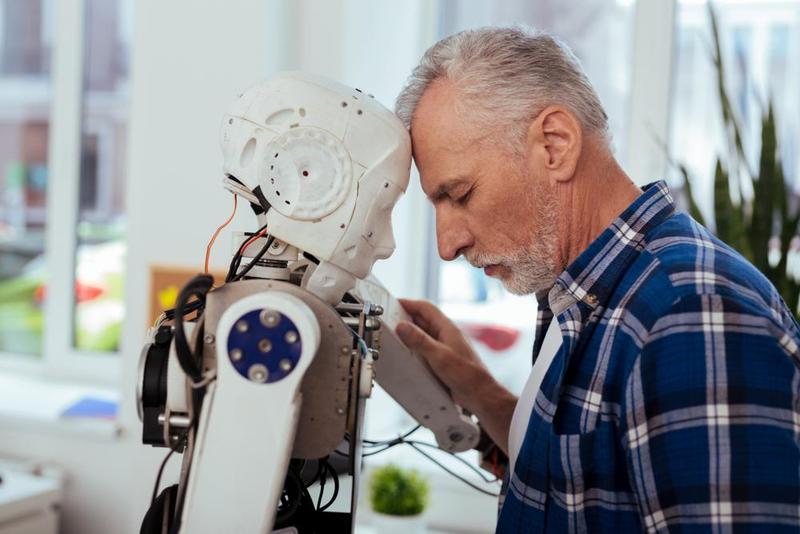How Robots Improve Cognitive Abilities & Mental Health of the Elderly (Research)
How Robots Improve Cognitive Abilities & Mental Health of the Elderly (Research)
European Journal of Medical and Health Sciences [1] has recently published an article of Japanese scholars presenting their research [2] on robots and brain training for the elderly. The research was focused on the elderly participants who had difficulty going out due to the decline in their mental and physical functions. The main questions asked were whether the robot developed for brain training would be able to improve cognitive abilities of the elderly and whether there would be an enhancement of participants’ psychological wellbeing.
The researchers conducted cognitive tests and carried out psychological surveys before and after the experiment to be able to measure the results of the intervention. For the intervention, they visited the elderly with the robots that were equipped with brain training games. Those were humanoid robots that were expected to not only improve thinking abilities of the elderly but also bring psychological enjoyment by having a conversation.
As researchers mention in their paper, elderly people have very few opportunities for interpersonal communication which is a major problem because talking to people activates several brain areas like the language center, frontal motor cortex and the auditory area of the temporal lobe. This research is very important because talking with someone is known to prevent dementia and improve overall wellbeing.
In fact, the study presented some very positive results. For instance, cognitive score of the participants was significantly improved during visits of the robot. Besides, positive psychological impact was also found as participants shared that they became more motivated and were looking forward to talking.
Limited social interactions can lead to dementia, earlier death, low sense of purpose in life, higher levels of anxiety and other issues. As research found, a humanoid robot can solve this issue by increasing the amount of communication for the elderly. Such interaction improves health, prolongs life, prevents depression, and promotes positive emotions.
References
[1] https://www.ejmed.org/
[2] Sawami, K., Kimura, M., Kitamura, T., Kawaguchi, M., Furusumi, M., Suishu, C., Morisaki, N., & Hattori, S. (2020). Robots Visit Homes For Elderly People Who Have Difficulty Going Out and Practice Brain Training. European Journal of Medical and Health Sciences, 2(1). https://doi.org/10.24018/ejmed.2020.2.1.156
